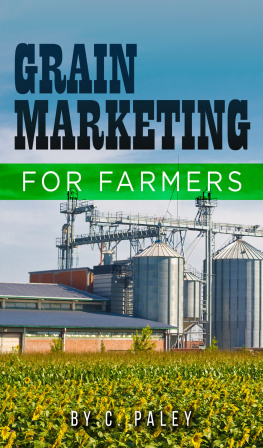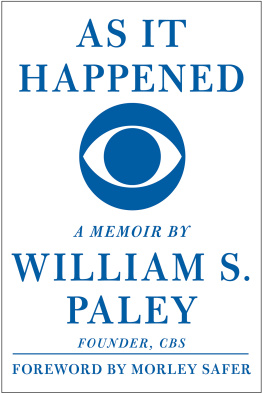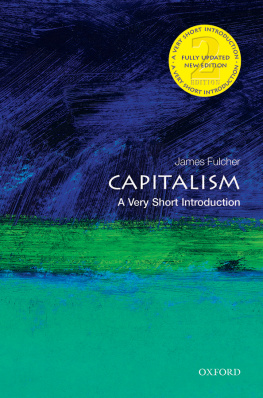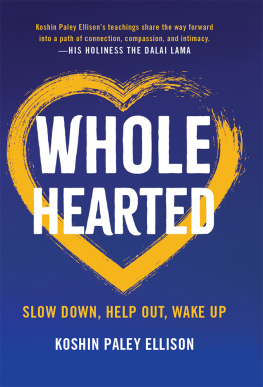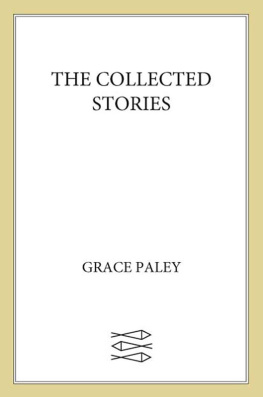Paley - Drug war capitalism
Here you can read online Paley - Drug war capitalism full text of the book (entire story) in english for free. Download pdf and epub, get meaning, cover and reviews about this ebook. year: 2014, publisher: AK Press, genre: Politics. Description of the work, (preface) as well as reviews are available. Best literature library LitArk.com created for fans of good reading and offers a wide selection of genres:
Romance novel
Science fiction
Adventure
Detective
Science
History
Home and family
Prose
Art
Politics
Computer
Non-fiction
Religion
Business
Children
Humor
Choose a favorite category and find really read worthwhile books. Enjoy immersion in the world of imagination, feel the emotions of the characters or learn something new for yourself, make an fascinating discovery.

Drug war capitalism: summary, description and annotation
We offer to read an annotation, description, summary or preface (depends on what the author of the book "Drug war capitalism" wrote himself). If you haven't found the necessary information about the book — write in the comments, we will try to find it.
Paley: author's other books
Who wrote Drug war capitalism? Find out the surname, the name of the author of the book and a list of all author's works by series.
Drug war capitalism — read online for free the complete book (whole text) full work
Below is the text of the book, divided by pages. System saving the place of the last page read, allows you to conveniently read the book "Drug war capitalism" online for free, without having to search again every time where you left off. Put a bookmark, and you can go to the page where you finished reading at any time.
Font size:
Interval:
Bookmark:
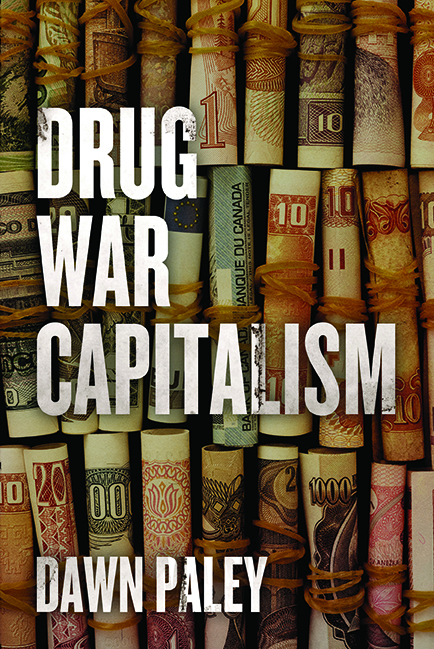
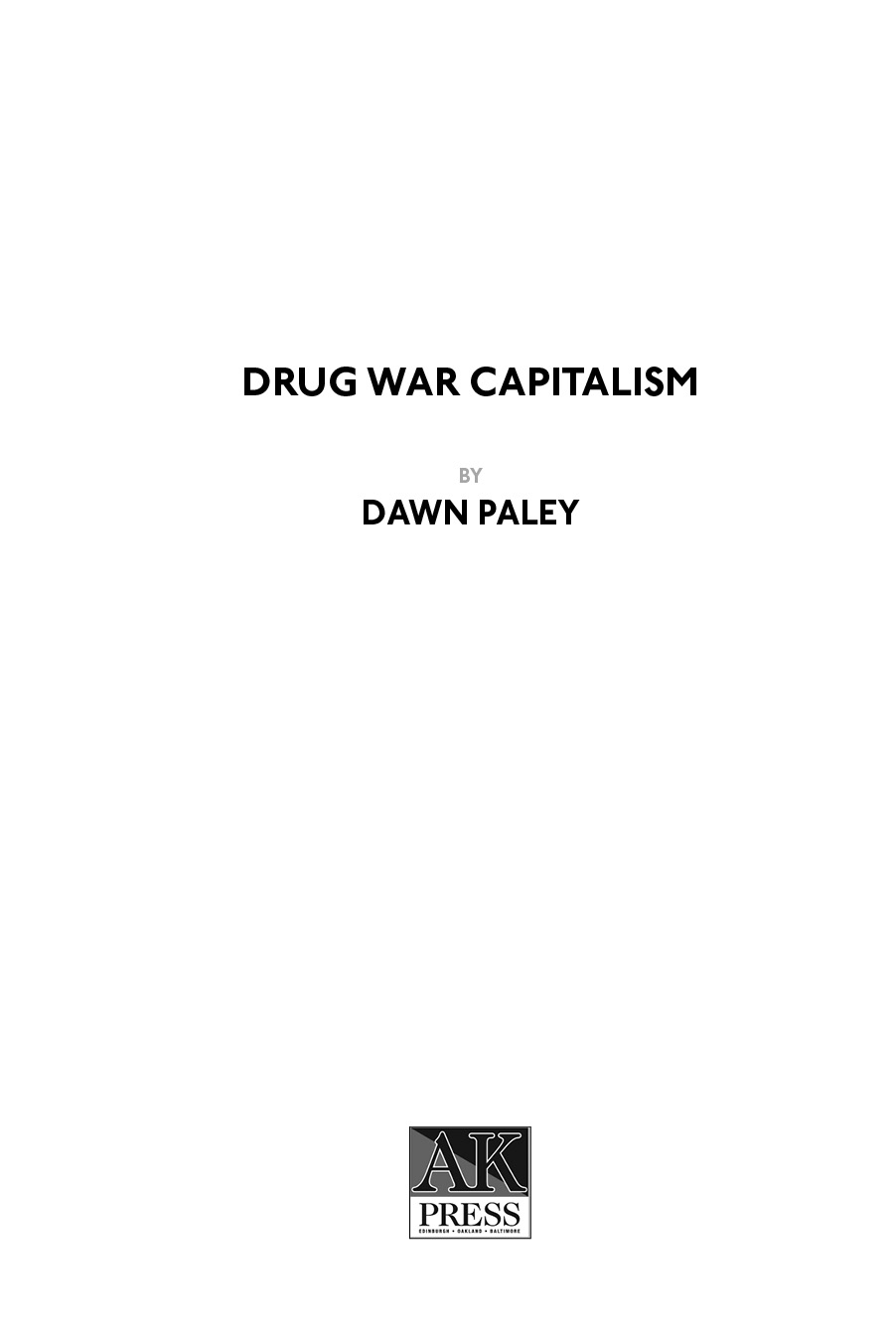
This book is dedicated to the memory of independent photographer and journalist Ali Mustafa, 19842014. His bravery, fighting spirit, and commitment live on in our hearts, in our work, and in our words.
Das antes de terminar este libro recibimos las primeras noticias de los 43 normalistas de Ayotzinapa desaparecidos en Iguala, Guerrero, el 27 de septiembre de 2014. Sus nombres aqu aparecen, con la firme esperanza de que sean encontrados con vida y con la profunda rabia e indignacin por lo que les haya sucedido, los tenemos presentes!: Abel Garca Hernndez, Abelardo Vzquez Peniten, Adn Abrajan de la Cruz, Alexander Mora Venancio, Antonio Santana Maestro, Benjamn Ascencio Bautista, Bernardo Flores Alcaraz, Carlos Ivn Ramrez Villarreal, Carlos Lorenzo Hernndez Muoz, Csar Manuel Gonzlez Hernndez, Christian Alfonso Rodrguez Telumbre, Christian Tomas Colon Garnica, Cutberto Ortiz Ramos, Dorian Gonzlez Parral, Emiliano Alen Gaspar de la Cruz, Everardo Rodrguez Bello, Felipe Arnulfo Rosas, Giovanni Galindes Guerrero, Israel Caballero Snchez, Israel Jacinto Lugardo, Jess Jovany Rodrguez Tlatempa, Jonas Trujillo Gonzlez, Jorge lvarez Nava, Jorge Anbal Cruz Mendoza, Jorge Antonio Tizapa Legideo, Jorge Luis Gonzlez Parral, Jos ngel Campos Cantor, Jos ngel Navarrete Gonzlez, Jos Eduardo Bartolo Tlatempa, Jos Luis Luna Torres, Jhosivani Guerrero de la Cruz, Julio Csar Lpez Patolzin, Leonel Castro Abarca, Luis ngel Abarca Carrillo, Luis ngel Francisco Arzola, Magdaleno Rubn Lauro Villegas, Marcial Pablo Baranda, Marco Antonio Gmez Molina, Martn Getsemany Snchez Garca, Mauricio Ortega Valerio, Miguel ngel Hernndez Martnez, Miguel ngel Mendoza Zacaras, Sal Bruno Garca.
Guadalupe Correa-Cabrera
To get rich, one must have but a single idea, one fixed, hard, immutable thought: the desire to make a heap of gold. And in order to increase this heap of gold, one must be inflexible, a usurer, thief, extortionist, and murderer! And one must especially mistreat the small and the weak! And when this mountain of gold has been amassed, one can climb up on it, and from up on the summit, a smile on ones lips, one can contemplate the valley of poor wretches that one has created.
Petrus Borel, Champavert, Immoral Tales
Capitalism is defined as a socioeconomic system based on private ownership of the means of production and the exploitation of the labor force. According to Karl Marx, the capitalist mode of production rests on the fact that the material conditions of production are in the hands of non-workers in the form of property in capital and land, while the masses are only owners of the personal condition of production, of labor power. [1] This is the system that rules most parts of our world today; and it is a system based on the accumulation of wealth/capital and exploitation of labor and natural resources by small elitesmainly transnational businesses. With these ideas in mind and with an aim of explaining the violent socioeconomic and political reality of Colombia, Mexico, and Central America today, Dawn Paley wrote Drug War Capitalism . Paley is one of the best and most serious journalists I have encountered in my own journey to understand the massive crisis these societies have undergone in recent times, and Drug War Capitalism is the best book I have recently read on this subject, by far.
I was born in Mexico in 1975, and witnessed the end of the Cold War and the fall of the Berlin Wall, which allegedly meant the triumph of capitalism over what was called at that time communism. I studied economics in the 1990s, during the Third Wave of democratization in the postCold War world, when scholars Samuel Huntington and Francis Fukuyama suggested that ideologies had come to an end, and that capitalism had won the ideological battle forever. For Fukuyama we were living the end of history. As an undergraduate student of economics at a private university in Mexico City, I was trained in the tradition of neoclassical economics. I became familiar with the ideas of Milton Friedman, Ludwig von Mises, Friedrich Hayek, Ayn Rand, and Adam Smith, who are associatedby themselves or by otherswith the ideology of capitalism. I was a student when the North American Free Trade Agreement (NAFTA) was signed; at school I was taught about the supposed benefits of economic liberalization, the comparative advantage, free markets, deregulation, and privatization; in other words, the benefits of capitalism. I began to understand the limitations of this socioeconomic system and structural economic reforms during Mexicos economic and devaluation crisis in 19941995, and the Zapatista uprising.
I worked for the Ministry of Finance and the Ministry of Agriculture in Mexico and was present during the 2000 elections, when Vicente Fox became president of the country, after more than seventy years of one-party rule. I witnessed months of great expectations and enthusiasm by Mexican society, in the streets, in the universities, and elsewhere. Democracy amounted to a big promise in a still very unequal nation. But poverty and inequality, at that particular moment, did not seem to matter for many, who thought that the problems of our country would be solved through free and fair elections and the consolidation of democratic institutions. For many optimistic citizens, the new Mexican democracy and President Foxa former employee of a transnational company (Coca Cola-Mxico), a tall and unintelligent man who wore cowboy boots and ran a very successful presidential campaignwould save Mexico and bring prosperity and stability to our nation after serious economic and political crises in the 1980s and 1990s.
In August of 2000, I left my country to study for a PhD in political science at the New School for Social Research in New York City. It was there, at a progressive school in the United States, that I learned the basics of Marxism and understood the key limitations of capitalism in extremely unequal nations. During the years I spent in New York, I studied the contemporary political history of most Latin American countries and became very interested in the Central American region as well as in the massive violence and war on drugs in Colombia. The first years of the twenty-first century were determinant for the relative stabilization of the Colombian conflict, after many years, even decades, of intense violence and massive social and political crisis.
I returned to Mexico City in early 2006, some months before the most contested presidential election in the countrys history. Mexican society was extremely divided and polarized over the issues and the selection of presidential candidates. I realized that Fukuyama was mistaken about the end of history and the end of ideologies. After a very tight election, allegations of fraud, and a period of intense social mobilization, Felipe Caldern became president of Mexico. Immediately after he assumed power on December 1, 2006, he declared a war on drugs and launched military operations against drug trafficking organizationsnow known as transnational criminal organizations (TCOs). To some extent, certain elements of this episode of Mexicos history reminded me of recent violence and anti-narcotics efforts in Colombia.
Since that time, violence in Mexico has reached unprecedented levels. To date, Mexicos so-called war on drugs has claimed over 100,000 livesprobably many more, but we do not have access to the exact figure. During this period, more than 27,000 people have vanished, with many of these disappearances linked to organized crime. Thousands of citizens have become internal refugees, displaced within Mexico, or forced to move abroad. This momentous increase in violence has been accompanied by the widespread use of barbaric, terror-inflicting methods such as decapitation, dismemberment, car bombs, mass kidnappings, grenade attacks, blockades, and the widespread execution of public officials. These practices remind me of the late Cold War period in Central America.
Font size:
Interval:
Bookmark:
Similar books «Drug war capitalism»
Look at similar books to Drug war capitalism. We have selected literature similar in name and meaning in the hope of providing readers with more options to find new, interesting, not yet read works.
Discussion, reviews of the book Drug war capitalism and just readers' own opinions. Leave your comments, write what you think about the work, its meaning or the main characters. Specify what exactly you liked and what you didn't like, and why you think so.

